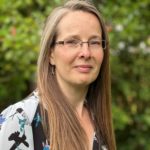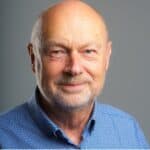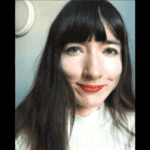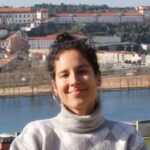Profile
Claire Rowlandson
-
About Me:
I live in Preston with my husband, two daughters and two guinea pigs. I work as a clinical scientist in a hospital helping save patients lives 👩🏻🔬🔬. Outside of work I enjoy running and reading (not at the same time!).
-
Read more
Just a snap shot of what I get up to when I’m not in my lab coat….
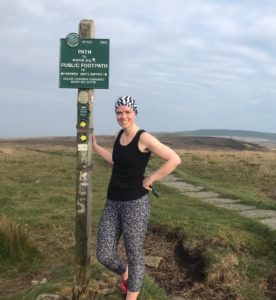 Top of the world on the West Pennine Moors 🏃🏻♀️👟
Top of the world on the West Pennine Moors 🏃🏻♀️👟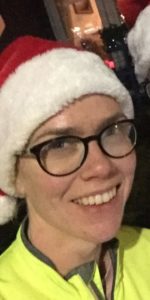 Santa dash! 👟🎅🏻
Santa dash! 👟🎅🏻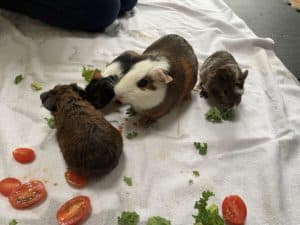 My guinea pig Caramel with her babies, Rocky, Peanut and Minnie
My guinea pig Caramel with her babies, Rocky, Peanut and Minnie -
My pronouns are:
she/her
-
My Work:
I work in Haematology as a Clinical Scientist, diagnosing diseases affecting the blood such as leukaemia (blood cancer).
-
Read more
As a Clinical Scientist I perform laboratory tests and work out what the results mean for patients. Diseases that I help to diagnose include leukaemia (blood cancers) and problems patients may have with bleeding – they may bleed for too long when they cut themself or have a nose bleed. It is my job to figure out why this might be.
For blood cancer, I look at the cells within the blood to see if they are normal or abnormal and make sure the patient is then looked after by the correct doctor which means they can get the right treatment.
-
My Typical Day:
I arrive at work at around 9am and head to the lab to check what tests are needed that day. After setting up the tests, I have lunch and then look at the results in the afternoon. Sometimes, I chat to patients about their results and discuss any further tests that might be necessary. I go home at 5pm.
-
Read more
There are machines in the lab that process the samples. These sometimes need cleaning and fixing if they are broken.
Sometimes I use a microscope to look at the blood cells – this makes tiny things look really big, meaning I can see if any blood cells do not look normal.
I also perform checks in the lab called audits. These are checks to make sure all scientists in the lab are following the correct procedures to keep them safe and to make sure patient’s blood samples are tested correctly – this is a very important job as somebody has given us their blood to look after and we don’t want to lose it. This would mean they would have to give us some more blood which some people do not like.
I speak to lots of people throughout the day – nurses, doctors, other scientists, patients over the phone, in person or via email to discuss the results of tests. This is very important as doctors and nurses need to understand the test results before giving patients any medicine they might need.
-
Education:
- Balshaw’s C of E High School – GCSE’s
- Runshaw College – A-levels
- Lancaster University – Undergraduate BSc Degree
- Liverpool John Moores University – Post-graduate MSc Degree
-
Qualifications:
GCSE’s – Maths, English, science, food technology, French, art, history, business studies
A-levels – Human biology, chemistry, maths
Undergraduate degree – Biomedical Science (BSc)
Post-graduate degree – Biomedical Science – (MSc)
-
Work History:
Aged 15 – part-time florists assistant
Aged 16-22 – supermarket checkout operator
Aged 22-26 – Biomedical scientist
Aged 26-29 – Specialist biomedical scientist
Aged 29-36 – Senior biomedical scientist
Aged 36-present Senior clinical scientist
-
Current Job:
Senior clinical scientist
-
Employer:
NHS
-
My Interview
-
What did you want to be after you left school?
Vet
Were you ever in trouble at school?
No - never!
If you weren't doing this job, what would you choose instead?
Something with animals
Who is your favourite singer or band?
Oasis
What's your favourite food?
Chocolate
If you had 3 wishes for yourself what would they be? - be honest!
Health, wealth and happiness for all my family and friends
Tell us a joke.
What is a pirate's favourite letter? R!
-


